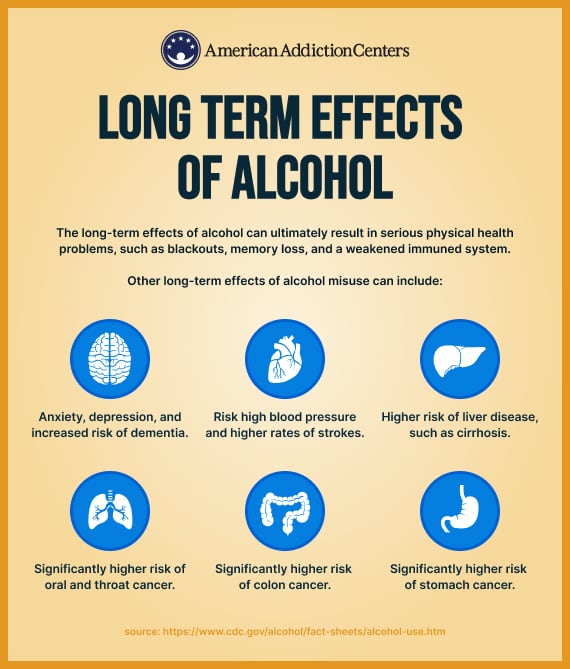Discover the surprising factors that influence your alcohol limit, from genetics to food intake, in this eye-opening exploration. Cheers!
Table of Contents
Have you ever found yourself pondering the age-old question, “How many beers does it take to get drunk?” This seemingly simple query has more complexity behind it than you might think. Understanding the science of alcohol metabolism, individual tolerance levels, and various factors that influence intoxication is essential to making informed decisions about your alcohol consumption. Let’s dive into the fascinating world of alcohol and explore the factors that determine your alcohol limit.
The Science Behind Alcohol Metabolism
alcohol metabolism is a complex process that involves the liver breaking down and eliminating alcohol from the body. When you consume a drink, the alcohol is absorbed into your bloodstream through the stomach and intestines. Factors such as body weight, gender, and genetics can influence how quickly alcohol is absorbed and metabolized. For example, individuals with higher body weight may be able to process alcohol more efficiently than those with lower body weight.
Gender also plays a role in alcohol metabolism. Women generally have a higher percentage of body fat and lower levels of the enzyme alcohol dehydrogenase, which is responsible for breaking down alcohol. This can result in women becoming intoxicated more quickly than men when consuming the same amount of alcohol.
Individual Tolerance Levels
Everyone’s tolerance for alcohol is unique and can be influenced by a variety of factors. Regular drinkers may develop a higher tolerance for alcohol over time, requiring more drinks to feel the same level of intoxication. Other factors that can influence an individual’s tolerance include overall health, age, and previous exposure to alcohol.
Individuals who are in good health and have a history of moderate alcohol consumption may have a higher tolerance for alcohol than those who are less healthy or have limited experience with drinking. It’s essential to be aware of your own tolerance levels and know when to stop consuming alcohol to avoid potential negative effects.
Factors Influencing Intoxication
There are several external factors that can influence how quickly you become intoxicated when consuming alcohol. Drinking on an empty stomach, for example, can lead to faster absorption of alcohol into the bloodstream, increasing the likelihood of becoming drunk more quickly. It’s essential to consume food before or while drinking to help slow down the absorption of alcohol.

Image courtesy of rehabs.com via Google Images
In addition to food intake, other factors such as mixing alcohol with other substances, carbonation, temperature, and alcohol content in different types of beers can all impact your intoxication level. Carbonated drinks may lead to faster absorption of alcohol, while higher alcohol content beverages can increase the rate at which you become intoxicated.
Conclusion
Understanding the science behind alcohol metabolism, individual tolerance levels, and the various factors that influence intoxication is crucial for making responsible decisions about alcohol consumption. By being aware of your own limits, practicing moderation, and knowing when to stop, you can enjoy alcohol safely and without negative consequences.
Remember, everyone’s alcohol tolerance is different, and it’s important to listen to your body and know when to say when. If you’re unsure about how much alcohol is safe for you to consume, it’s always best to err on the side of caution. Drink responsibly, take care of yourself, and enjoy alcohol in a way that enhances your social experiences without putting your health at risk.
FAQ
What role do genetics play in determining alcohol tolerance?
Answer 1: Genetics can influence the enzymes responsible for metabolizing alcohol, impacting how quickly your body processes it. Some individuals may have genetic variations that make them more or less susceptible to the effects of alcohol.
Can drinking water help reduce intoxication?
Answer 2: Drinking water can help to hydrate your body and may slightly dilute the alcohol in your system, but it will not reduce intoxication levels. The only way to sober up is to wait for your body to metabolize the alcohol naturally.
How does age affect alcohol tolerance?
Answer 3: As we age, our bodies may metabolize alcohol more slowly, leading to a higher blood alcohol concentration. Older individuals might experience increased intoxication effects from the same amount of alcohol compared to when they were younger.
Is it safe to try to increase alcohol tolerance?
Answer 4: Trying to increase alcohol tolerance can be dangerous and is not recommended. Developing a high tolerance for alcohol can lead to increased risk of alcohol-related health issues and may contribute to the development of alcohol dependency. It’s best to drink responsibly and know your limits.
Generated by Texta.ai Blog Automation


Leave a Reply